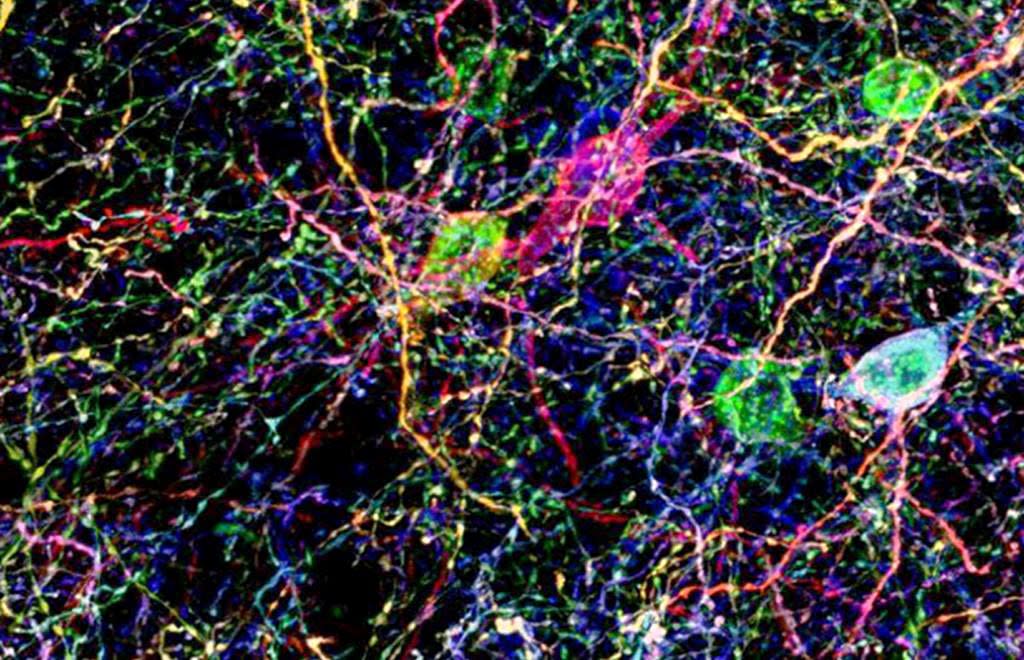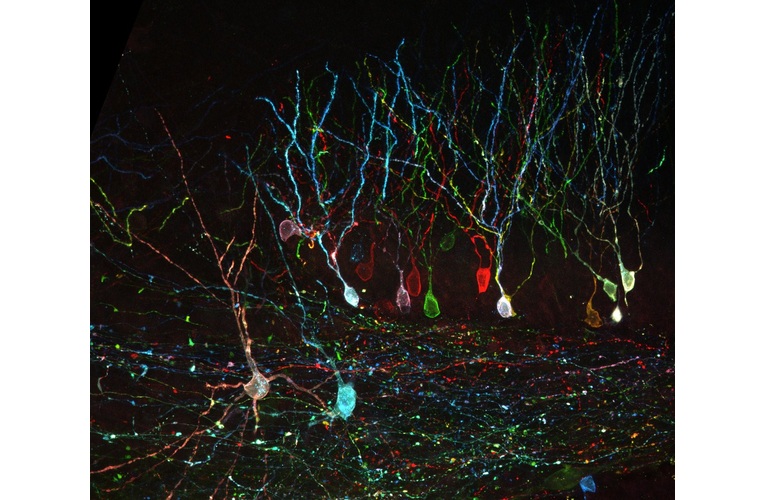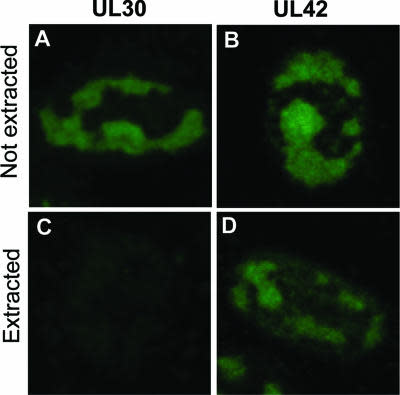Cat. #155268
Anti-PhiYFP (Chicken) “Brainbow”
Cat. #: 155268
Sub-type: Primary antibody
Unit size: 100 ul
Target: PhiYFP
Class: Polyclonal
Application: IF ; IP ; WB
Host: Chicken
£300.00
This fee is applicable only for non-profit organisations. If you are a for-profit organisation or a researcher working on commercially-sponsored academic research, you will need to contact our licensing team for a commercial use license.
Contributor
Inventor: Dawen Cai
Institute: University of Michigan
Tool Details
*FOR RESEARCH USE ONLY
- Name: Anti-PhiYFP (Chicken) “Brainbow”
- Tool sub type: Primary antibody
- Class: Polyclonal
- Host: Chicken
- Application: IF ; IP ; WB
- Description: The PhiYFP polyclonal antibody is one of the Brainbow collection which has been used in a multicolor labelling strategy for the fluorescent imaging of neuronal circuits and individual neurons in mice, drosophila and zebrafish and non-neuronal cells in mice. The Brainbow toolkit allows scientists to image highly complex tissue structures by relying on a stochastic method for making different expression ratio combinations of fluorescent proteins so that structures in proximity can be resolved.
Target Details
- Target: PhiYFP
- Target background: The PhiYFP is a fluorescent proteins originated from Phialidium sp.
Applications
- Application: IF ; IP ; WB
Handling
- Format: Liquid
- Unit size: 100 ul
- Storage buffer: Serum with 0.02% sodium azide
- Shipping conditions: Shipping at 4° C
Related Tools
- Related tools: "Brainbow" polyclonal antibodies ; Anti-PhiYFP (Rat) "Brainbow" polyclonal antibody ; Anti-PhiYFP (Rabbit) "Brainbow" polyclonal antibody
References
- Roossien et al. 2019. Bioinformatics. 35(18):3544-3546. PMID: 30715234.
- Chen et al. 2018. Mol Psychiatry. 23(7):1614-1625. PMID: 28761082.
- Takesian et al. 2018. Nat Neurosci. 21(2):218-227. PMID: 29358666.
- Roossien et al. 2017. Methods Mol Biol. 1642:211-228. PMID: 28815503.
- Manent et al. 2017. Oncogene. 36(40):5576-5592. PMID: 28581519.
- Chang et al. 2017. Nat Methods. 14(6):593-599. PMID: 28417997.
- Zanca et al. 2017. Genes Dev. 31(12):1212-1227. PMID: 28724615.
- Tillberg et al. 2016. Nat Biotechnol. 34(9):987-92. PMID: 27376584.
- Cai et al. 2013. Nat Methods. 10(6):540-7. PMID: 23817127.






